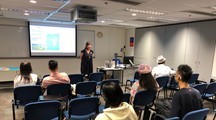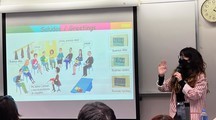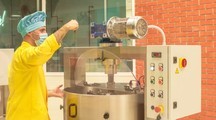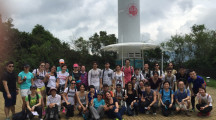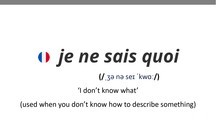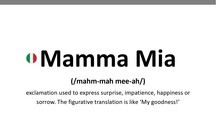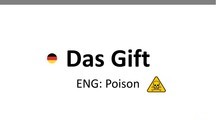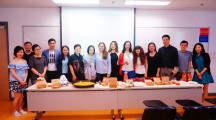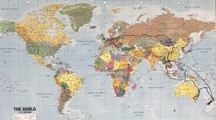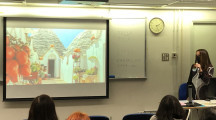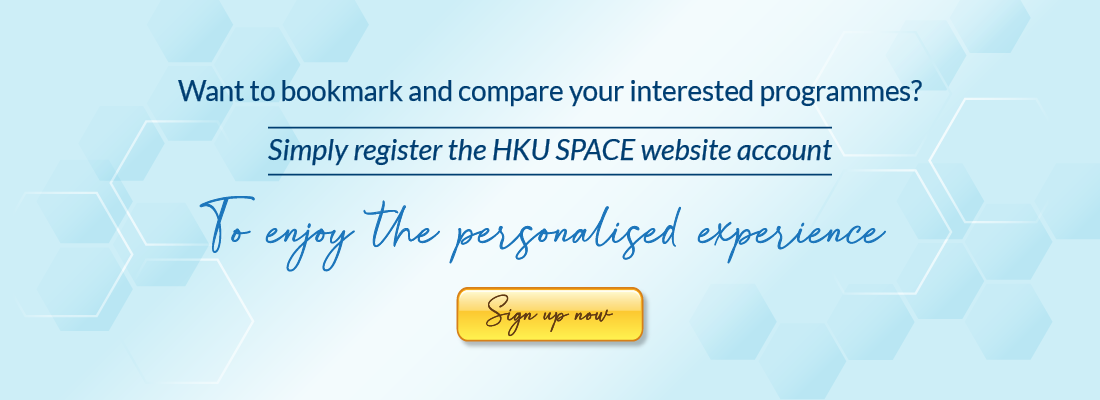
Languages European
Why French/ Spanish/ German/ Italian/ Portuguese/ Latin/ Arabic/ Polish/ Swedish/ Russian@HKUSPACE
European
Welcome to our European Language website.
Our main languages are Spanish, French, German, Italian and Portuguese, but we do also offer courses in other languages such as Arabic, Greek, Latin, Polish, Russian, Swedish, Finnish and Dutch.
Our award-bearing courses, which last 120 hours each, are mostly CEF-certified, with well-developed curricula and assessment systems which cover various aspects of the European languages including reading, writing, listening, speaking, grammar and vocabulary.
Besides, we have shorter courses of just 30 hours, more casual and non-exam based, such as courses for travellers or for beginners, courses in the mornings or during the weekends.
Finally, you can´t miss out on our fun workshops, such as Italian Fashion, Food and Drink, Cooking courses and our several cultural gatherings during the year for each of our main languages!
Our teachers are passionate and committed to the language learning and will guide you through your journey at HKU SPACE!
European Programmes
- Sort by
- Programme Title
This course covers the content of the A2 level in the Common European Framework of Reference (CEFR).
This course covers the content of the B1 level in the Common European Framework of Reference (CEFR).
By the end of the programme, students should be able to talk about various topics in a more detailed and fluent way , write different types of texts regarding more abstract and cultural matters, summarise the main ideas when listening to clear speeches or reading a wide range of texts.
- Improve students’ spoken fluency while expressing opinions and plans on a range of topics: e.g. free time activities, sport, culture, art, food and drink, holidays, etc.
- Consolidate and deepen students’ grammatical accuracy while speaking and writing.
- Enable students to write a variety of simple texts on topics of personal interest.
- Build students’ confidence while listening so that they can demonstrate an understanding of and respond to challenging situations on the phone and in daily conversation.
- Increase students’ knowledge of the Portuguese culture so that they can compare it with their own and deal more easily with everyday situations while in Portugal or Portuguese-speaking countries.



